|
While most other 16-year-old girls are spending their time chatting with friends on social media, going shopping and all those other fun things teenagers usually do, Camryn Champion is preparing to wow the judges at the next round of the 20th season of American Idol, a reality television series in which aspiring singers compete for a recording contract and a shot at making it big in the music industry.
Champion put new meaning to her name when, from among the thousands of people who auditioned for the show, she earned herself a golden ticket to Hollywood on February 27, which secures her advancement to the next round in the competition. Champion's maternal grandparents Quinn and Vidya Jogie are originally from Chaguanas, Trinidad and now live in Long Island, New York. She said her grandmother is a big Idol fan and always encouraged her to audition, believing she could make it all the way to the top. Champion agreed to do it when she was old enough, but said although her life revolved around music, deep down she never believed she would get the opportunity to do so. But then the unimaginable happened and she found herself on a stage in Nashville auditioning for singers Katy Perry, Lionel Richie and Luke Bryan, just like her grandmother predicted. "I was super interested in music since I was about four and I started writing my own music when I was 12. In 2018, I entered a singing competition in New York called Coast 2 Coast Live and I won first place," the New Jersey resident told Sunday Newsday in a phone interview. This win drew attention to what the then 13-year-old was capable of and paved the way for her grandmother's dream come true. "After I won that competition, they (talent scouts) asked my parents if I wanted to audition for Idol." Because of the covid19 pandemic, Champion said the initial part of the process was virtual. "I just had to send in videos, did interviews on Zoom calls and I had to sing online. When I made it through that round, I went to Nashville to audition live before the judges." There, Champion put her heart and soul into her performance of Sam Smith's I'm Not the Only One. She said she chose that song because, apart from liking Smith's music, she felt the tone was good for her range. "It was nerve wracking," she said about her turn in the spotlight and under heavy musical scrutiny. "I was really nervous because I was the third person to audition out of the day one auditions and I was one of the younger contestants. The first girl who auditioned came out crying, making me even more nervous." But as skittish as she was, the judges made her feel hopeful that she would get through to the next round when, after her performance, they encouraged her to delve deeper, relax and just embrace the song. She said she never expected them to be so "cool" and didn't think that she'd get to talk to them, even off camera. "It was really a super cool opportunity. I was so close to the judges and they were all so nice. The entire experience was great. I had never been to Nashville, so I got to see a new place. In Nashville there is music everywhere, so I loved that so much." And as excited as she is about the next round, Champion has had to hold her tongue about it because of her contractual obligation to American Idol. "I’m not allowed to talk about what happens in the future with the show...But I can say that the winner gets a cash prize and they're signed to an American Idol contract to help promote their music." Champion said she doesn't have a specific preference as it regards listening to music. But for singing, she leans toward R&B. "I just like music on a whole. Each artiste is so different and it’s cool to have role models in different genres." With no formal training, her talent is all natural and something she's "just always done it," even going so far as teaching herself to play the piano. But, she told WMN, because music has always been "the dream" it may be time to start formalising it. "When I go to college I'd like to study performing arts, but also business to deal with that aspect of it." The junior at Rancocas Valley Regional High School said the only other thing she loves as much as music is volleyball and is on her school's team. And although she has never been to TT, she is familiar with the beauty and tastes of the islands because her relatives frequently visit. "My sister dances a lot and is always dancing to soca. I too love the music, and we all love the food because my family cooks Trini food all the time. I always hear about the beaches, food and the music and I'm just so jealous of everyone. I'd really love to visit some time." For now, though, the focus is on the goal of becoming the next American Idol. (Source: Newday, March 12, 2022) Read the story here
or copy and paste this url into your browser: https://tt.loopnews.com/content/tt-national-ranks-1-amazon-best-seller-list-again?fbclid=IwAR0bWdkSIHt9JOH8HCuvcn-3VI-w4QS6MFY3njB95HppazFAmKoE1_htSqc  After presenting under his namesake label, Maximilian, in the Fashion East showcase during London Fashion Week for the second and final time, Maximilian Davis is taking on new territory. The Italian fashion house Salvatore Ferragamo has recently appointed Davis as the brand’s new Creative Director. “I am deeply honored to be joining Ferragamo, and grateful for the opportunity to build on the rich and profound heritage of the house,” said Davis in a press release. “Ferragamo represents a dedication to timeless elegance and sophistication that I find incredibly inspiring. I’m looking forward to articulating my vision, elevated by the codes of Italian craftsmanship, quality and innovation.” Davis is known for referencing his Trinidadian heritage under his eponymous label, and his signature Harlequin print has become one of the distinctive, identifiable House codes in the industry. It will be most interesting to see how Davis will infuse his perspective and Black culture into the coming collections for the Italian House that is known for its footwear and leather goods. Reports say Davis will be putting his namesake label on hold to focus solely on his new role. Marco Gobbetti, CEO at Salvatore Ferragamo, expressed in the release, “I am delighted to welcome Maximilian at the House of Ferragamo. The clarity of his vision together with the level of execution and his powerful aesthetic make him one of the most brilliant talents of his generation. His work is defined by elegance, refined sensuality, and constant commitment to quality. Through his lens of contemporary sensibility, he will write a new, exciting chapter for this house built on a heritage of creativity, craftsmanship, sophistication, and outstanding human values.” The appointment of Davis as Ferragamo’s new Creative Director also marks a historical moment in the company’s history as he becomes the first Black Creative Director to ever lead the Italian fashion house – his appointment will officially begin on March 16th. (Source: Essence, March 14, 2022) Trinidadian filmmaker Horace Ové was knighted in the UK’s annual New Year Honours on Friday becoming a knight for services to media.
Ové, 82, is credited by Guinness World Records as being the first black British filmmaker to direct a feature-length film, Pressure, in 1976. It told the story of London teenager, Tony, who joins the Black Power movement in the 1970s. It was banned for two years by the British Film Institute (BFI) before it later received critical acclaim. In 2007 the director, writer and photographer, he was awarded the Commander of the Order of the British Empire in the Queen's Birthday Honours List for his services to the film industry, and in 2018 he received the Special Jury Prize at the British Independent Film Awards. According to the UK Evening Standard, the judges said, “Ové may (regretfully) not be a household name but, as the man whom the Guinness Book of Records credits as the first black British film-maker to direct a feature film, his contribution to cinema in the UK has certainly been significant. “In a year where Windrush has been plastered across newspaper headlines, it seems fitting that the jury have chosen to honour one of the generation’s proudest voices.” Ové was also honoured at the 2021 TT Film Festival in September when it hosted a retrospective of his films including Playing Away, and King Carnival, Ové’s love letter to Trinidad Carnival. In a statement to the PA news agency, Sir Horace said, “I’m greatly honoured to receive this recognition for my work. “Chronicling the lives, battles, art and culture of the African and Caribbean diaspora in Britain and around the world has been a lifelong journey and passion. “This award is testament to how far we have come and in many respects how far we still have to go. One love.” Ové, who grew up in Belmont, went to London in the 1960 to attend art school. He took a detour to Rome to work on film productions, and later returned to England to attend film school. His first film was a short film called The Art Of The Needle in 1966. Since then there have been many short, feature, and documentary films, mostly with black themes, including Baldwin’s Nigger in 1969, the BBC documentary Reggae in 1970, and A Hole In Babylon in 1979. (Source: Newsday , Jan 2, 2022) Social psychology educator and researcher Justin Preddie didn’t realise that he’d end up falling in love with teaching and academia when he first signed up as a psychology major at Hampton University in Virginia some 11 years ago.
Sharing that he was sure that he didn’t want to work in applied psychology, the Santa Cruz native recalled being “fairly certain that psychology was the path.” However, he wasn’t quite sure where that interest would take him. Preddie didn’t begin to consider a path in academia until his second undergraduate year, when one of his lecturers, social psychologist Dr Candice Wallace, upon observing the quality of his assignments, told him that he had ‘a mind suited to research.’ Wallace’s research of the African American experience and its varied psychological effects on members of the community inspired Preddie’s own burgeoning interests in research and the understanding of his identity as a queer Black man living in North America. “Her class was really the first that confirmed that I had chosen the right major,” Preddie said. Guided by Wallace, Preddie took up research opportunities, which led to a broadening of his knowledge within the field, and in turn, opened new possibilities for interest and research. “It sort of concretised from there.” A decade later, Preddie is a freshly minted doctorate holder, and postdoctoral fellow and lecturer at Muhlenberg College, Pennsylvania, where he will take up a tenure-track position as an Assistant Professor in Psychology and Africana Studies beginning in the 2022 fall semester. Preddie’s journey as an academic is woven into his own self-discovery over his time spent in the US–his queerness, as well as the experience of being Black and from the Caribbean, and integrating into North American culture. Through coming to understand himself at all intersections of his identity, how the facets of this identity play off against each other within the wider culture, and the way in which these experiences impact the psychology of the persons within those groups, Preddie was able to develop pertinent and relatable research that answered both personal and academic questions. “We research things that are personally relevant to us,” Preddie said, explaining that his training allowed him to develop much of what was already his lived experience into research “in a more formalised way.” “My work is specifically focused on Black gay men,” he stated. Through his understanding of Blackness as diasporic and transcending culture, Preddie, as a researcher with Caribbean roots, is able to serve within the Africana Studies department, dedicated to scholarship that centres the experiences of persons of African descent. Naturally, Preddie contributes to this research using his expertise as a social psychologist, using frameworks to better understand the psychological impact of factors such as prejudice and stereotypes, and how these lead to the development of both external perception and self-concept, taking into account the impact of slavery, civil rights and LGBTQ+ rights, among other factors. Preddie clearly stated some of the key questions that his research asks: “What does it mean to be Black? What does it mean to be gay? And what does it mean to be Black and gay simultaneously? What does it mean to operate as a Black, gay man in the United States?” To further explain, Preddie said that when one thinks of a Black man, the idea conjured by this would be different from that of a gay man, which would, in turn, be different from that of a man who is both Black and gay. Though summed up in a few sentences, the work is comprehensive and ongoing, requiring the tools to intricately and closely understand aspects of the Black experience in ways that can be used, not only to build scholarship but to “improve the psychological well-being of Black folks in the US and in the diaspora.” Preddie’s work is evidence of the importance of intersectionality, a framework that takes into account overlapping identities and experiences to understand the layers of prejudice faced by members of various communities. Intersectionality can be applied to all communities, using factors such as ethnicity, socio-economic background, language, gender identity and sexual orientation to better understand and remedy the prejudices faced by these groups. In other words, one can hardly deal with Black issues accurately without addressing the varied experiences of Black people of different complexions, with different gender identities, sexual orientations and from different income brackets. Preddie said that one of his objectives as an educator is to challenge his students using “perspectives that they have not encountered before that are either different or similar to their own.” This is where the breadth of his work’s “diasporic implications” comes in, offering to his mostly US-raised students the variations of the Black experience. “They have a hard time imagining what life can look like outside of a particular context that defines the United States,” he explained. This, he said, speaks to many North Americans’ tendency to be “highly insular” when considering the lived experiences of others, often placing the US at the centre of their worldview. And yet, all differences considered, Preddie shows his students that culture can still serve to unify the disparate members of the diaspora, an equally important aspect of how he delivers his content. “I help them understand that the reasons why culture merges differently has a lot to do with history [and that] experiences can be parallel to theirs but distinct because of different cultural norms,” he added. Preddie expressed his excitement to take on the new post in the coming academic year, one that would give him a higher rank at the university and would also allow him to expand his teaching and research undertakings. He aspires to continue advancing the communities he is committed to serving, hoping that his research would be harnessed in seeking their overall improvement. (Source: The Loop, Dec 31, 2021) Through his informal training to become a chef, Reuel Vincent consumed everything he could from Chef Gordon Ramsay.
On the first episode of the show Next Level Chef, Vincent, who was born in Trinidad and Tobago, had an experience he couldn't conjure up in his wildest dreams when Ramsay selected him as the first person on his team. To say it was surreal for Vincent would be an understatement. “To be honest I feel extremely excited because it is like you watch this guy on TV and he is one of my idols. I couldn’t afford to go to culinary school and Chef Ramsay had all this free content so I am a student of his. It was very surreal to know that you are the first pick of the same guy you watched, I was speechless,” he told Loop News from New York where he lives. Next Level Chef is Ramsay’s latest reality cooking series and takes place in a tri-level kitchen that ranges from world-class to barebones. The Fox series pits 15 contestants — a combination of amateur, professional and social media chefs — against each other. At the end of the first episode, five chefs were handpicked by Ramsay, renowned restaurateur Nyesha Arrington and James Beard-nominated chef Richard Blais to benefit from their mentoring for the rest of the show. Vincent, who was in the group operating in the barebones basement kitchen, impressed Ramsay with his creative and flavourful meal made from Spam. “The only thing that came to my mind was that I could treat it like corned beef but corned beef breaks up so I said let’s do this up the best I can,’ he said of the competition. Browsing through Vincent’s Instagram pages, it is clear that he isn’t afraid to tackle any dish. From Asian cuisine to baked products, Vincent challenges himself to master any ingredient that is placed before him in his quest to stand shoulder to shoulder with the best. His mantra, “I'm not passionate I'm hungry” best describes his attitude which is fuelled by his lack of formal training. Unlike many chefs, Vincent didn’t go to school to learn culinary arts; his training came from watching people like Chef Ramsay and practical experience, working with his aunt in her catering business after he dropped out of college. “I always loved cooking but I guess within society they had this thing about going to college and that is how you make it. I went to Andrews University to do physical therapy but it was boring and I told my mum I wanted to go back to New York but she said no. I switched to nursing but I said nah, I washed my hands of that and went back to New York. I had to work because I had a lot of student debt and my aunt owned a catering company in Manhattan. She ran me through the wringer, she made me work for every single penny but I learned a lot,” he recalled. Vincent graduated from his aunt’s business to the One World Trade Centre where he works today as a banquet chef serving celebrities and high-end clientele from all over the world. Applying to be on Next Level Chef was his way of sealing his prowess in the kitchen. “People look at not being formally trained as a crutch but it is fuel, you overlearn to compensate. If you go to school and have a degree hanging on the wall, you think you are done, I am never done,” Vincent declared, noting that he has sacrificed everything, including relationships, for his career. Vincent’s interest in food began in T&T. Growing up in Sangre Grande with his maternal great-grandmother and grandmother after his parents split and his mother migrated to the US, he learned a lot that stayed with him to this day. “My great-grand is Carib and she taught me a lot of ways of cooking. My grandmother would wake me up to go on the market run and she kept me on her hips the whole time in the kitchen so I learned things like how to break down a chicken. You know older Caribbean women would teach you everything so no one could cut style on you,” he said. He also learned a lot from his dad who lived in Maracas, St Joseph, and worked as a taxi driver. Vincent bonded a lot with his father when he attended Caribbean Union College. Describing his late dad as a "bush cook", he recalled watching him bubble large pots of soup and wild meat. “I learned how to season food from him. His favourite thing was curry duck and dumpling. He took me to my first river lime at Caura around the age of nine and as a kid, whenever he made the dumpling in the big pot, I would take the pot afterward and put it on my head and end up with pieces of dumpling in my hair,” he said with a laugh. Vincent migrated to the United States two weeks before 9/11 to live with his mother. He said though his father never went to the US, he asked a lot about the food over there. As Vincent started cooking for himself, his dad walked him through the process. He said from his life in Trinidad, he learned how to deal with raw ingredients and the basics of flavour. “If you are doing pelau or curry, they seem simple but they are layered. I used to watch my dad make curry dishes and he would add water to the curry before he put it in the pot. Now I understand the science behind that. We add water to the curry for it to bloom, the steam makes the curry bloom and the aromatic flavours open up,’ he explained. Vincent, who last visited T&T around the mid-2000s, dreams of opening a restaurant in the land of his birth one day. Until then he will continue building his name and his appearance on Next Level Chef might be just the show to put him on the map. “Strap in,’ he said of the show. “This is gonna be a good one.” (Source: The Loop, Jan 5, 2022) Arima-born author Neil Bissoondath was today appointed to the Order of Canada by the Governor General, “For his contributions to Canadian literature through his groundbreaking examinations of multiculturalism and diversity.” Bissoondath participated in the 2014 Bocas Lit Fest in T&T and served on the panel of judges for the literary non-fiction category. Congratulations!
Michael Cherrie, an award-winning actor from Trinidad and Tobago has been cast alongside Academy-award winning actress Regina King (The Harder They Fall) in her upcoming movie SHIRLEY.
Cherrie will portray King’s husband Conrad O. Chisholm in the film produced by Participant and Regina King’s Royal Ties Productions. Regina King will star as Shirley Chisholm in the film written and directed by Academy-Award winner John Ridley (12 Years a Slave, Guerrilla, Let It Fall: Los Angeles 1982-1992). SHIRLEY is the intimate portrayal of trailblazing political icon Shirley Chisholm, who was born to a Barbadian family and was the first Black Congresswoman and the first Black woman to run for President of the US, and the cost of accomplishment for Shirley herself. This film will tell the story of Chisholm's boundary-breaking and historic presidential campaign, based on exclusive and extensive conversations with family, friends and those who knew her best. Labelled the Black Brando for his performance in Britain’s Channel 4 television production of Kittitian-born Caryl Phillips’ The Final Passage in 1996, Cherrie is a Cacique-award winning actor who has appeared in numerous theatrical and film productions in T&T and the USA. His theatre credits in the United States include:
Commenting on his casting in the Netflix-bound production, Question Mark’s founders Simon Baptiste and Carolyn Pasea said: “Question Mark has always taken pride in managing extraordinary talent. Michael's body of work and dedication to his craft, certainly speaks volumes, but his integrity and character is what makes him stand out, and the major reason why we wanted to represent him. Michael is a good soul who wants to see everyone succeed, and that drives us to work harder on his behalf each and every day.” Cherrie will act alongside a cast that also includes Lance Reddick (John Wick 1-4), Lucas Hedges (Manchester by the Sea), Christina Jackson (Swagger), Dorian Missick (For Life), Amirah Vann (Underground), W. Earl Brown (Deadwood), with André Holland (Passing) and Terrence Howard (Empire). Participant will be focusing its impact work tied to SHIRLEY around the company’s ongoing dedication to advancing civic engagement and social justice. SHIRLEY will air on Netflix at a date to be announced. (Source: the Loop, Dec. 15, 2021) Trinidad-born opera singer Jeanine De Bique will make her debut at the Paris Opera today.
DeBique, who is originally from San Fernando, will play the title role in Alcina, a 1735 opera by George Frideric Handel. In the opera, Alcina creates a magnificent palace to lure her many lovers. One of these is Ruggiero, a warrior, who under Alcina’s spell has forsaken his duty and his betrothed, Bradamante. Alcina by Handel will be staged by Robert Carsen production with musical direction by Thomas Hengelbrock and the Balthassar Neumann ensemble and will run from November 25 to December 30. In addition to her Paris debut, De Bique is also celebrating the release of her first album Mirrors. The album showcases the arias of female characters from Handel's operas as well as other Baroque composers. A graduate of St Joseph's Convent, Port-of-Spain, De Bique holds Undergraduate and Masters degrees from the Manhattan School of Music and has performed on major stages all over the world, appearing in the 2018/2019 season in Handel’s Rodelinda at Opéra de Lille, as Aida in the world premiere of Caruso a Cuba by Micha Hamel at Dutch National Opera, Mahler’s Symphony No 4, conducted by Teodor Currentzis, in Milan, St Petersburg, Munich and Budapest, and Handel’s Messiah with the Melbourne Symphony, among many others. (Source: the Loop, Nov. 25, 2021) |
T&T news blogThe intent of this blog is to bring some news from home and other fun items. If you enjoy what you read, please leave us a comment.. Archives
July 2025
Categories
All
|
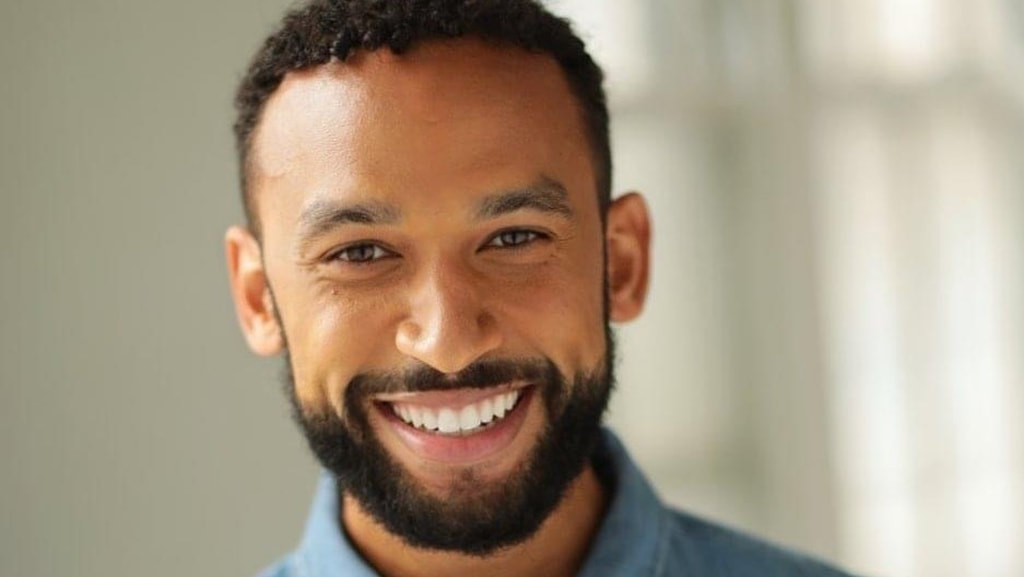
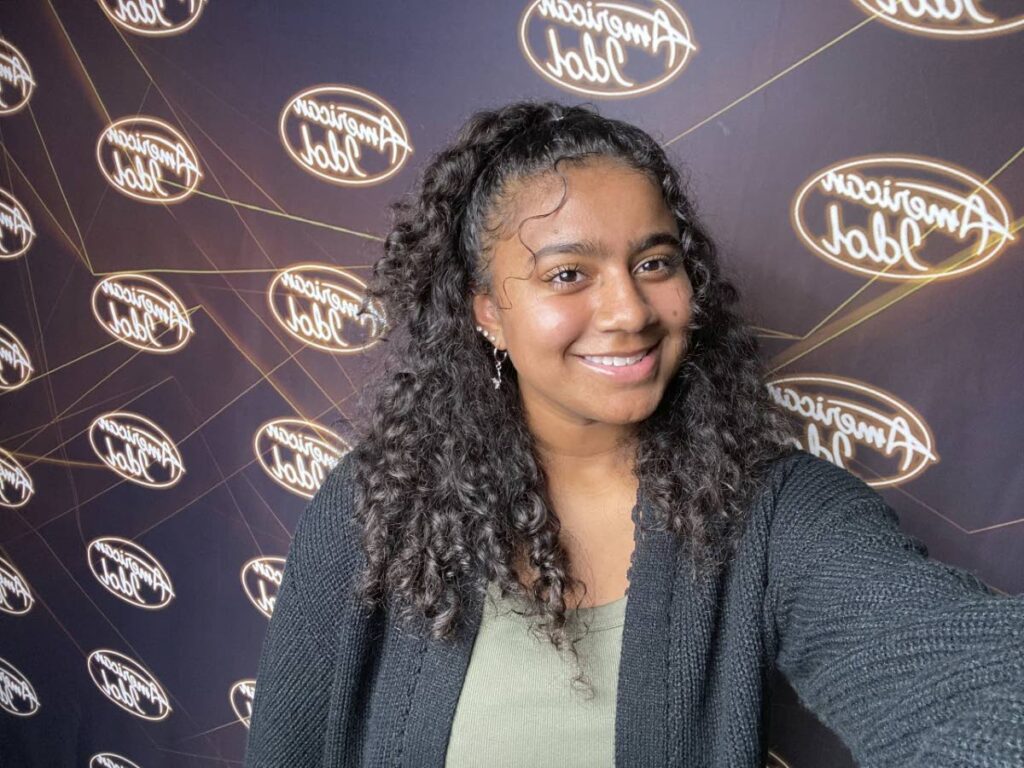
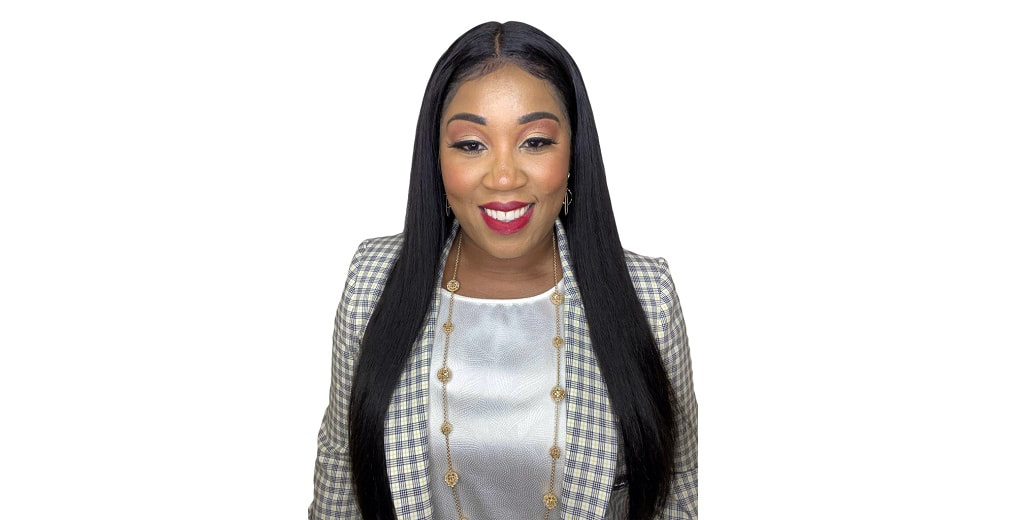
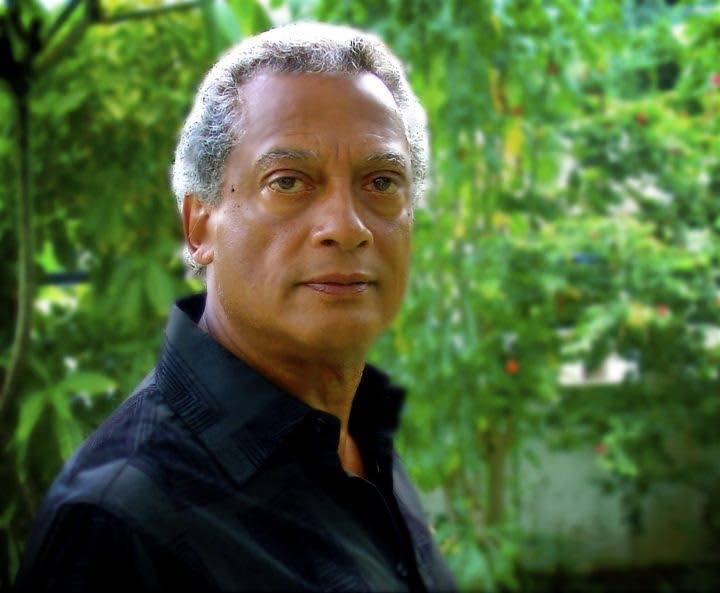
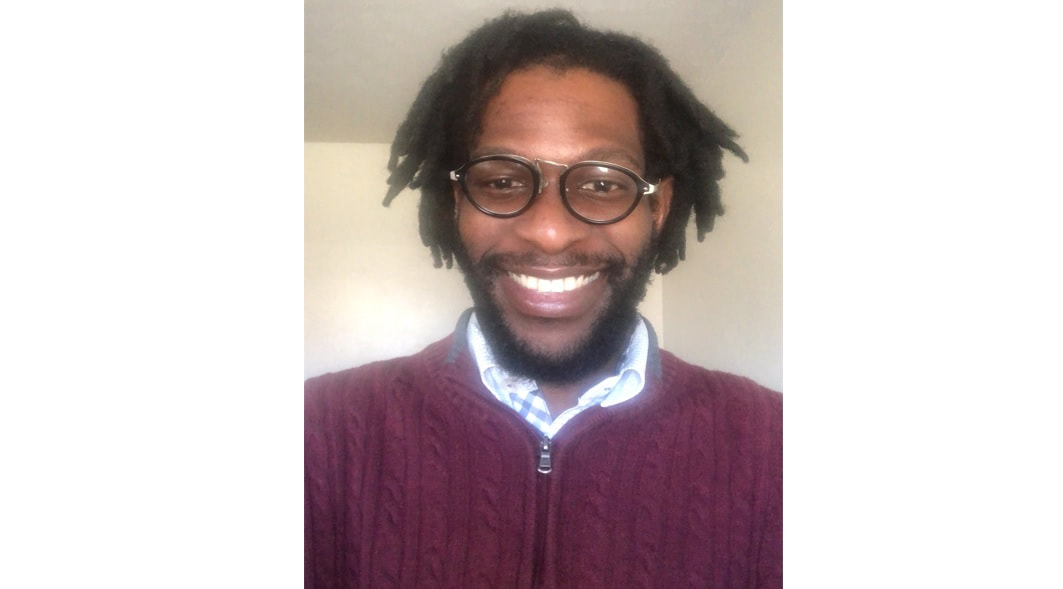
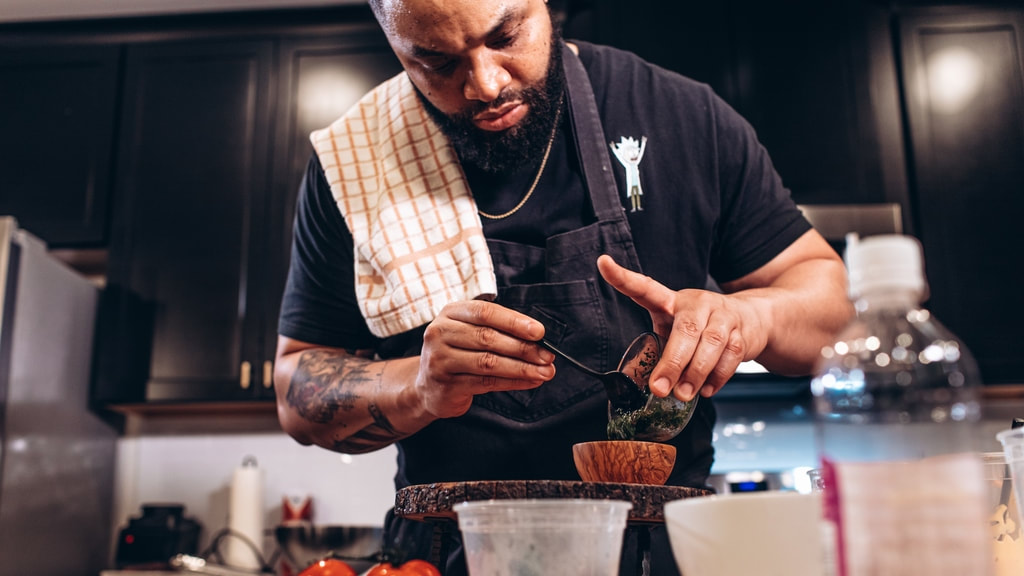
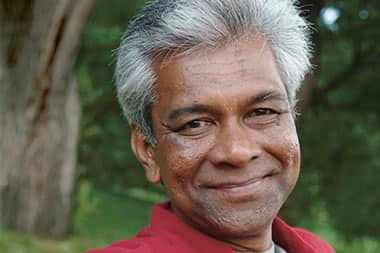
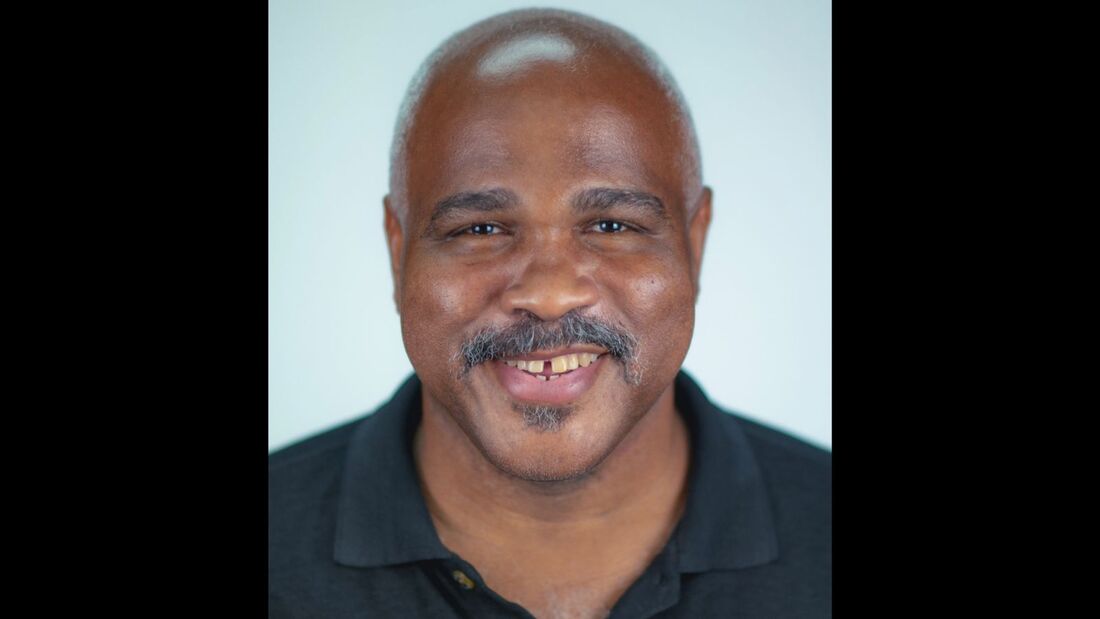


 RSS Feed
RSS Feed